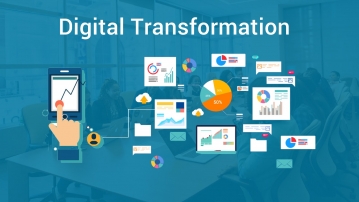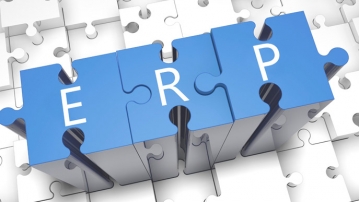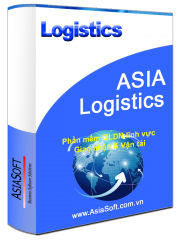 12 June, 2018
12 June, 2018
Some tax avoidance measures instead of “tax evasion”
Measures to avoid taxes instead of tax evasion. Here are some typical methods of legal “tax avoidance” according to the provisions of Vietnam’s tax law so that we can have a comprehensive view of the benefits of the application of “tax avoidance” properly. solutions to reduce business operating costs of enterprises.
In the area of CIT:
(i) Register for quick depreciation of fixed assets in case the enterprise is expected to make a lot of profit or vice versa, register for slow depreciation if it is in the period of CIT exemption and reduction;
(ii) Choose to register for the appropriate depreciation method depending on the expected profit or loss of the business (straight line method; adjusted declining balance; or product volume or volume);
(iii) Register for loss transfer within 05 years in the financial years in which the enterprise is expected to have large profits to use such losses to reduce taxable income;
(iv) Enterprises borrow money with interest to serve production and business activities and put that interest into expenses to reduce taxable income instead of requiring shareholders and capital contributors to borrow money to contribute to their business activities. charter capital (interest from borrowed money for capital contribution to the enterprise is not considered a reasonable expense).
In the field of import tax:
Importing goods originating from countries that have signed agreements on preferential tariffs with Vietnam (such as the Agreement on the Common Effective Preferential Tariff Program of ASEAN-CEPT) to enjoy low tax rates.
In the field of contractor tax:
(i) Choose between registering to implement the Vietnamese accounting system (registering, declaring and paying tax on the revenue actually received and the actual expenses incurred) or not registering for the Vietnamese accounting system. Nam (registration, declaration and payment of tax by the method of presumption on revenue under the contract);
(ii) Enter into service contracts with companies that are residents of countries that have signed agreements for the avoidance of double taxation (“DTA”) with Vietnam, in which, according to the content of such contracts, the service company that, in some cases, may be entitled to a lower tax rate and, of course, a reduction in the purchase price of goods/services with the enterprise;
In the field of registration tax:
Usually in the “tax run,” i.e. buying before or after a certain milestone for certain goods or services (e.g. December 31, 2009 for cars). to take advantage of the increase or decrease of the registration tax rate for that type of good or service.
Recently, the Law on PIT promulgated also has many ways to “avoid tax” legally. Some popular ways are:
(i) Select taxpayers who are spouses depending on their high or low income in the declaration of family circumstance-based deduction for the number of dependents in the family for the purpose of reducing the amount of tax payable;
(ii) The enterprise does not pay wages to individual shareholders participating in business management activities (the maximum tax rate on salaries and wages is subject to PIT at 35%) so that shareholders can receive high dividends. (Enterprises only pay 25% CIT on pre-tax income and individual shareholders pay 5% PIT on dividends received).
Thus, in the process of looking for possible solutions to reduce costs in response to the current global economic crisis, in addition to considering reducing wages, reducing working hours, minimizing costs, etc. unnecessary, negotiate discounts on goods/services with suppliers, liquidate unnecessary assets, etc. businesses should also pay attention to consider legal “tax avoidance” measures that are allowed by law to minimize costs. If the legal expertise and expertise in tax and accounting are not strong, business owners can ask experienced law firms and auditing firms for advice and help to achieve the desired purpose without violating the law. violate current laws.
Source: Fanpage “Accounting family”
















